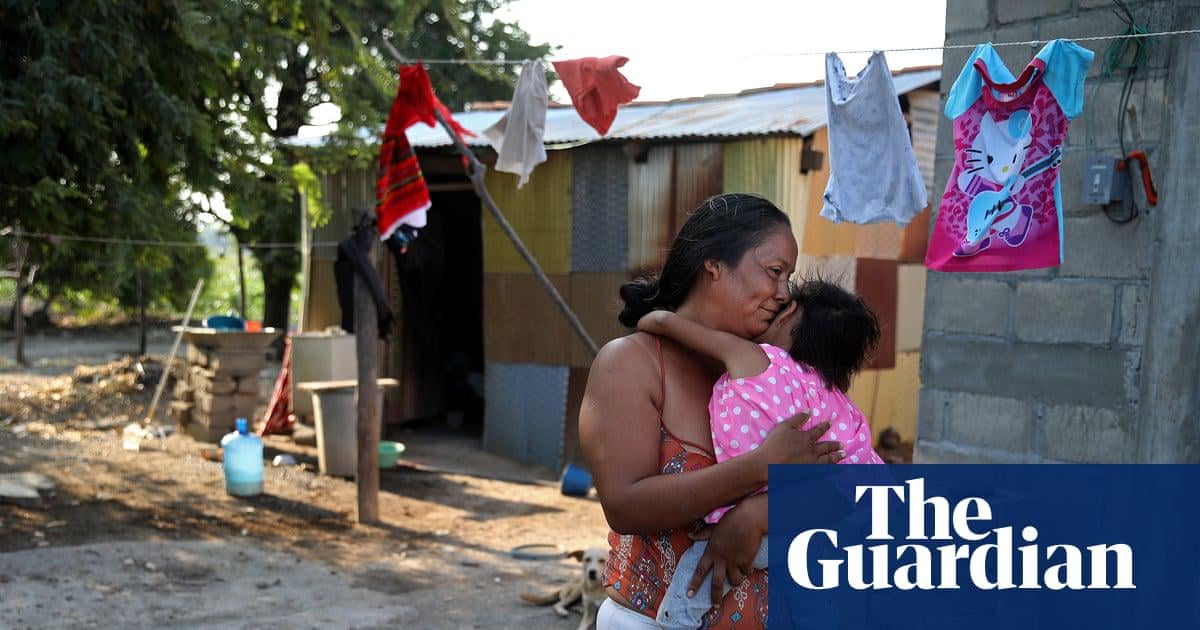
Experts are enthusiastic about poverty reductions achieved under former Mexican president Andrés Manuel López Obrador
Millions of people across Mexico have benefited from the welfare policies of López Obrador, or Amlo as he’s commonly known. And now, thanks to a report released last week by the country’s national statistics agency, we know just how effective those policies were.
When Amlo took office in 2018, there were nearly 52 million people living below the poverty line: by the time he left office six years later, that number had dropped by 13.4 million, a decrease of almost 26%. Extreme poverty also dropped from nearly 9 million people to just 7 million.
In a country that has long suffered from deep inequality and struggled with economic precarity, the steep drop in the number of people living in poverty is a remarkable achievement and suggests Amlo’s policies had a measurable impact on the lives of millions of everyday Mexicans.
“There has never been a single six-year term in which poverty has been reduced or decreased so significantly,” said Viri Ríos, a public policy expert and director of Mexico Decoded. “This is a watershed moment for the Mexican economy.”
Amlo was elected in a 2018 landslide with a promise to eradicate corruption and tackle inequality. Among the legacies of his administration were the tripling of the minimum wage from 88.40 pesos ($4.75) per day when he took office to the current rate of 278.80 pesos ($15) a day.
This had a knock-on effect on other sectors of the economy, according to Valeria Moy, a Mexican economist and director general of IMCO, a public policy thinktank.
“When the minimum wage increases, other wages and incomes in the economy begin to rise – even in the informal economy – because there is a greater availability of resources,” she said. “I don’t know if the [poverty reduction] was purely because of López Obrador’s policies, but I do think the push in the minimum wage moved the rest.”
Ríos was more emphatic.
“We’re talking about a labor market that had a minimum wage well below the standard of living,” she said. “And now it’s reached a level that allows 13.4 million families to escape poverty. It’s a historic achievement.”
Amlo also transformed the social welfare system, implementing a system of cash transfers for elderly people, like Palacios, for young people doing apprenticeships and for farmers planting fruit trees, among others. He then doubled the amount spent on these transfers.
The universal cash transfer system, which replaced a well-regarded conditional system for the poorest fifth of households requiring children to go to school and families to attend health check-ups, has received some criticism as it meant that, in the case of the pension system for example, anyone, even well-off Mexicans over 65, were entitled to a transfer.
The 19% reduction in extreme poverty was much lower than the nearly 26% reduction in overall poverty. Many of the poorest Mexicans live in remote rural places, where accessing social welfare is hard if not impossible.
https://www.theguardian.com/world/2025/aug/18/mexico-welfare-policies-amlo
Posted by Naurgul
3 comments
One of the best ways to deal with systemic crime (cartels) is to eliminate poverty as you take away a major driver of recruitment. Hopefully this trend continues and we see an eventual decline in the cartels’ grip over Mexico.
Hopefully Mexico will be able to raise their minimum wage further so that US corporations aren’t incentivized to move production there for cheap labor. Make it $20 an hour. Trump just has to make sure the border is secure so that when all the factories close up, the workers dont try to cross.
Lol this is literally every dirty trick the left says Argentina pulls to look good. It’s literally just the monitoring agency no longer being independent and changing standards of what poverty means.
Comments are closed.